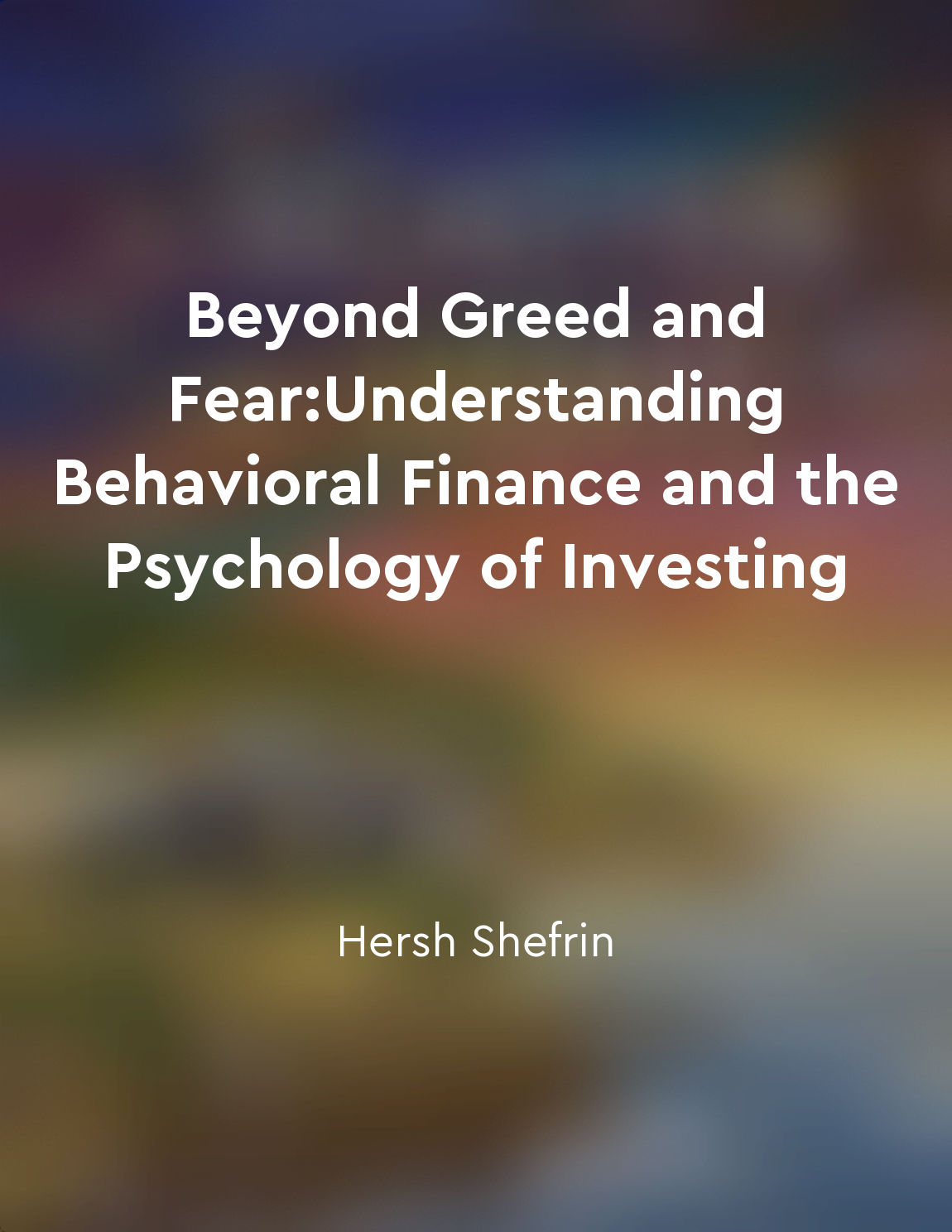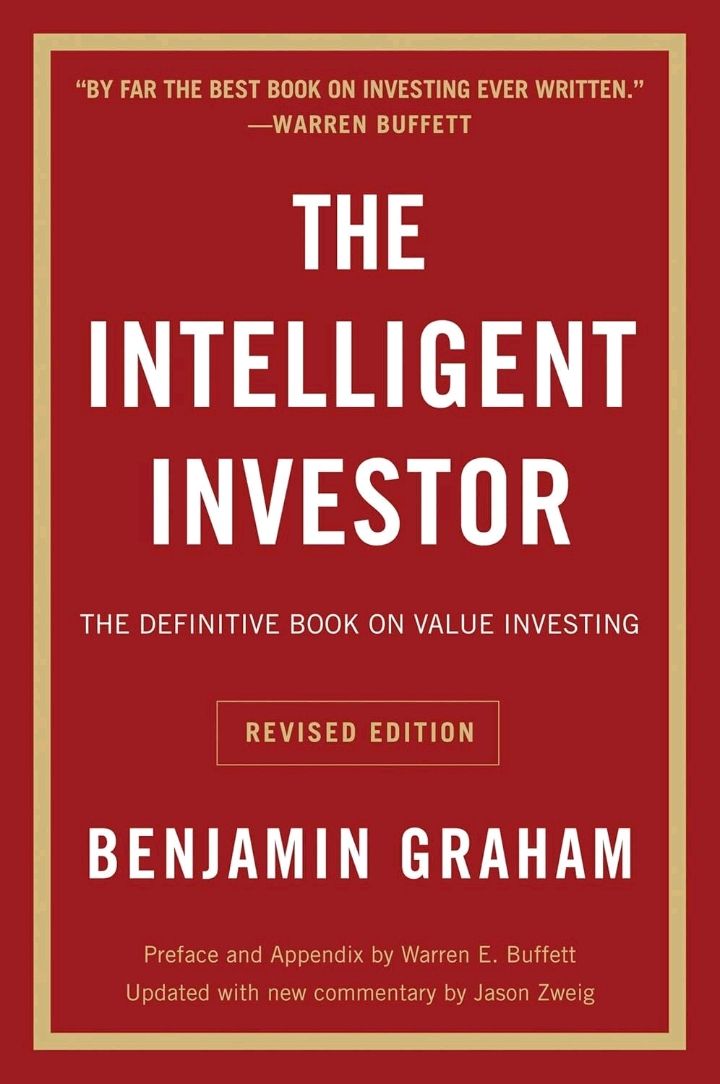Control your emotions when investing from "summary" of All About Index Funds by Richard A. Ferri
Investing in index funds requires discipline and a long-term perspective. One of the biggest challenges that investors face is controlling their emotions during market fluctuations. It is natural to feel anxious when the market is down, and euphoric when it is up. However, letting emotions drive investment decisions can lead to costly mistakes. Emotional investing often results in buying high and selling low, which is the opposite of what successful investors do. It is important to have a plan in place and stick to it, regardless of market conditions. This plan should be based on your financial goals, risk tolerance, and time horizon. By focusing on these factors rather than short-term market movements, you can avoid making rash decisions that could harm your long-term returns. One way to control your emotions when investing is to automate your contributions to your index fund. By setting up automatic investments, you can take emotions out of the equation and avoid the temptation to time the market. This strategy also allows you to take advantage of dollar-cost averaging, which can help smooth out market volatility over time. Another key to controlling emotions when investing is to focus on the fundamentals of index fund investing. This means understanding the benefits of diversification, low costs, and market efficiency. By staying informed and educated about these principles, you can have confidence in your investment strategy and avoid being swayed by short-term market noise. Finally, it is important to remember that investing is a long-term endeavor. Markets will inevitably go through periods of volatility, but history has shown that they tend to trend upward over time. By staying focused on your long-term goals and avoiding emotional reactions to market fluctuations, you can increase your chances of success as an index fund investor.Similar Posts
Cognitive dissonance influences financial behavior
When we make financial decisions, we often encounter conflicting thoughts and emotions. This internal conflict is known as cogn...

Seek opportunities for growth
One of the most important things that you can do in life is to always be on the lookout for opportunities to grow. Growth is es...
Take ownership of your trading results
Traders must understand that blaming external factors for their trading results is counterproductive. It is essential to take f...
Selfattribution bias makes investors attribute successes to their own skill rather than luck
Self-attribution bias is a common psychological quirk that affects how investors perceive their own successes. When investors e...

Integrating behavioral finance principles can lead to better investment outcomes
By incorporating behavioral finance principles into investment decision-making, individuals can potentially enhance their inves...
Monitor your investments regularly
The key to successful investing is to keep an eye on your investments. You can't just buy a few stocks or mutual funds and forg...
Invest in companies with strong competitive advantages
The concept of investing in companies with strong competitive advantages is a fundamental principle for any intelligent investo...
Seeking shortterm gains can lead to long-term losses
When you're fixated on making quick profits in the stock market, you might end up taking unnecessary risks that could ultimatel...

Follow a disciplined investment strategy
The key to successful investing lies in following a disciplined strategy. This means establishing a plan and sticking to it, re...

Focusing on the long term leads to better financial outcomes
It's easy to get caught up in short-term thinking when it comes to money. We're bombarded with messages about the latest hot st...
